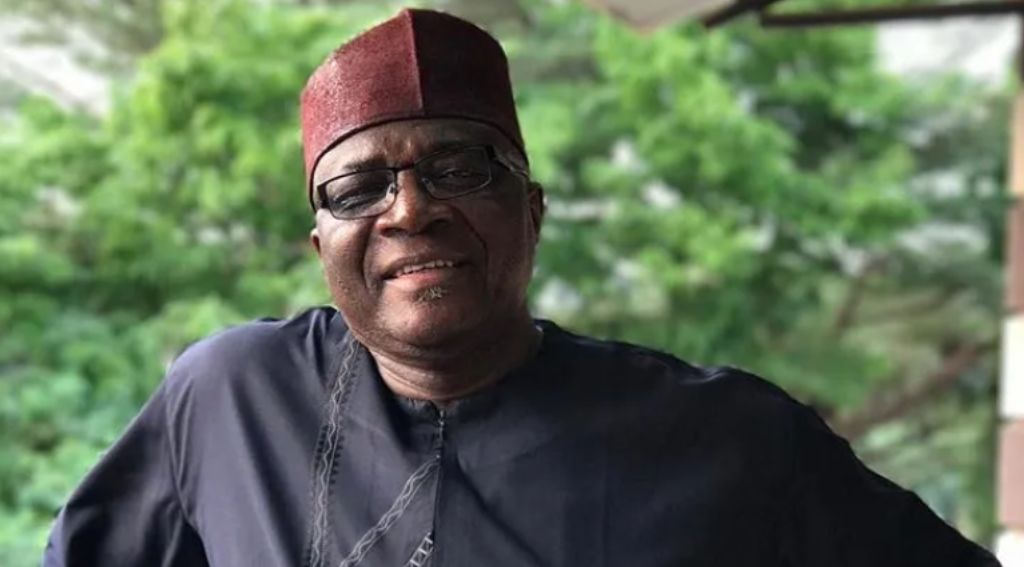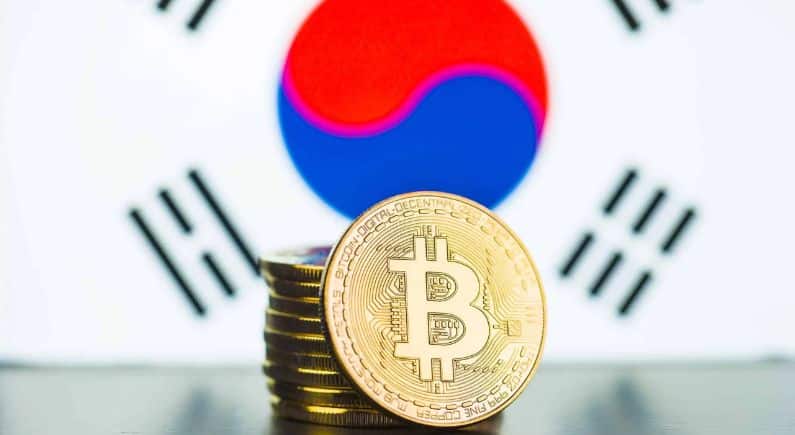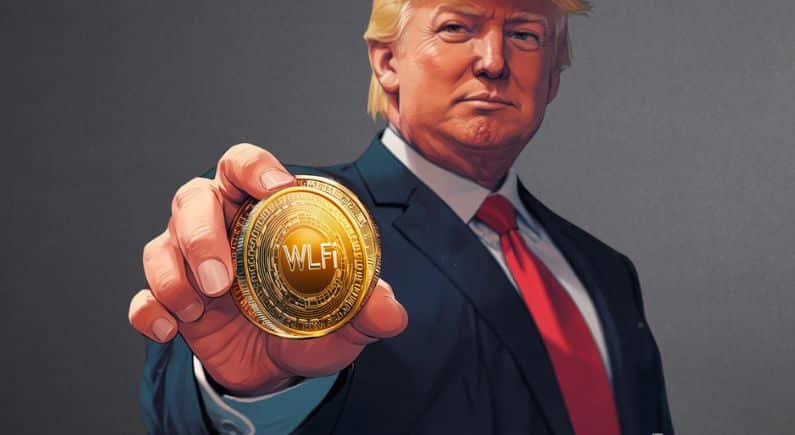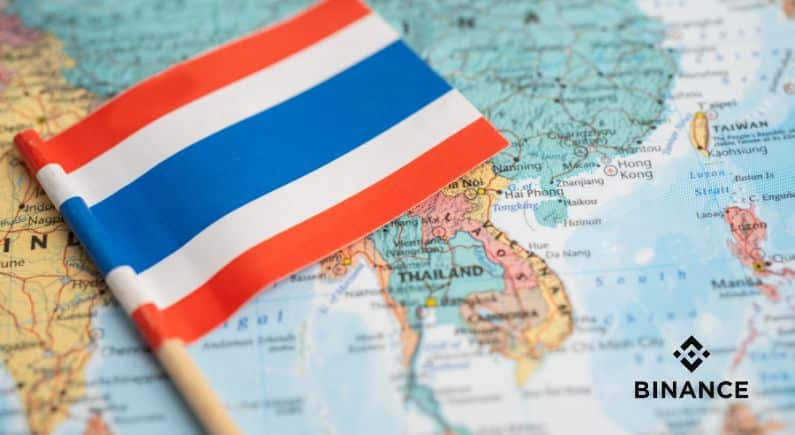Nigeria restricts crypto access to stop currency speculation

Nigeria has imposed restrictions on some of the biggest cryptocurrency exchanges in the world, as it faces a severe currency crisis and a record low naira. The move is seen as a reversal of the government’s previous support for digital assets, which it had hoped would attract foreign investment.
The Nigerian Communications Commission (NCC), the telecoms regulator, ordered telecoms companies to limit consumer access to websites of platforms like Binance, Coinbase and Kraken, according to sources. Users reported difficulties accessing some sites on Thursday.
The government is also trying to reform its complex system of multiple exchange rates and end its currency peg, which has been in place for years. It has devalued its currency twice in eight months. The naira hit 1,600 to the dollar on Wednesday, compared to less than 900 in January, according to LSEG data.
Cryptocurrency exchanges have become important sources of unofficial market prices for the naira. Binance’s prices often serve as a reference for local foreign currency exchange rates. Traders also use the platform to trade between the naira and tether, a stablecoin pegged to the US dollar.
Bayo Onanuga, (above in photo), a special adviser to President Bola Tinubu, accused Binance on social media website X of “blatantly” setting the exchange rate for Nigeria and taking over the Central Bank of Nigeria’s role as the main currency rate setter. He called for a ban on crypto in the country.
A spokesperson for Binance said “some users in Nigeria are experiencing issues accessing binance.com, as well as other platforms in the industry,” adding that users’ funds are secure. The NCC, Coinbase and Kraken did not respond to requests for comment.
Nigeria was the second-largest market for cryptocurrency in terms of private wealth last year, after India, according to Chainalysis. However, analysts said interest in digital assets was mainly among young investors who have lost faith in the naira as a store of value.
“Crypto isn’t even a conversation for people who aren’t tech savvy,” said Eresi Uche, an associate at law firm Cytowski & Partners.
Role of crypto in Nigeria
Nigeria is Africa’s largest economy and the most populous country in the continent, with about 200 million people. It is rich in natural resources, especially oil and gas, but also faces many challenges, such as poverty, corruption, insecurity and poor infrastructure.
The country has been struggling with a currency crisis since 2014, when the price of oil, its main export, collapsed. The government has tried to maintain a fixed exchange rate for the naira, but this has led to a shortage of foreign currency, a parallel market and a loss of confidence in the official rate.
The government has also faced criticism for its handling of the coronavirus pandemic, which has worsened the economic situation. In October 2020, protests against police brutality erupted across the country, sparked by the #EndSARS movement. The protests were met with violence by the security forces, resulting in dozens of deaths and injuries.
The government has been trying to implement reforms to boost the economy and attract investment, including in the digital sector. It has shown interest in regulating and supporting cryptocurrency, which is seen by some as a way to bypass the traditional financial system and access global markets. However, the recent restrictions on crypto access suggest a change of stance, as the government tries to protect the naira and curb speculation.
Stop Press – AIBC Eurasia takes place in Dubai 25 – 27 February !






